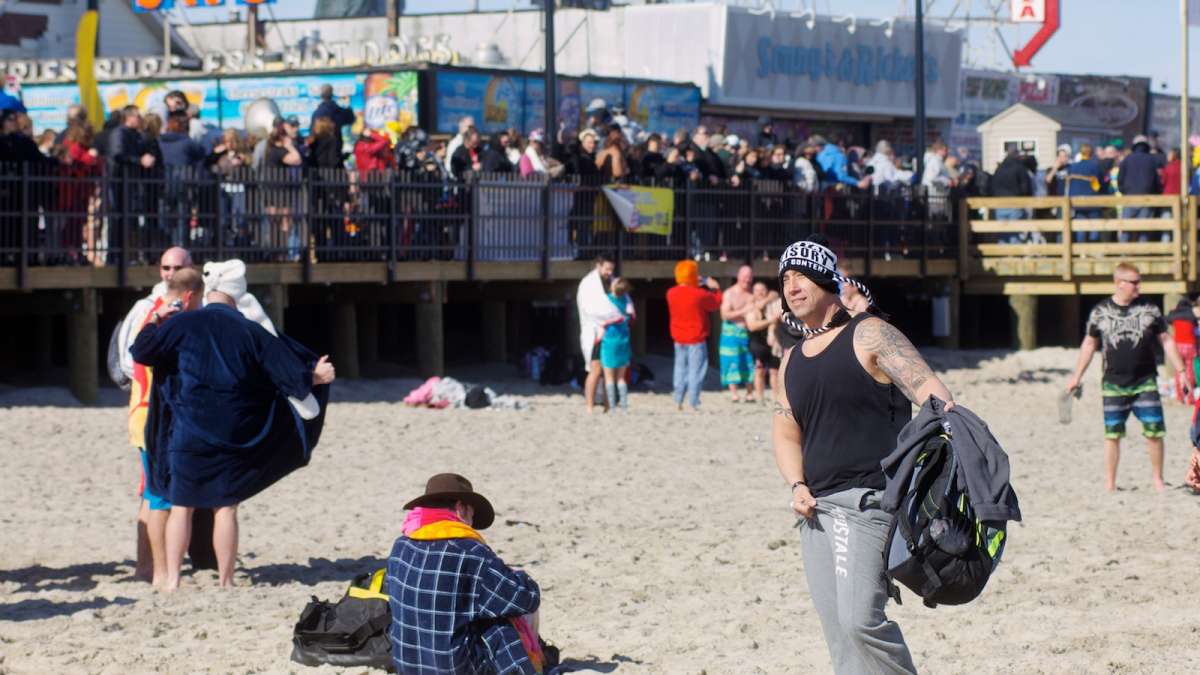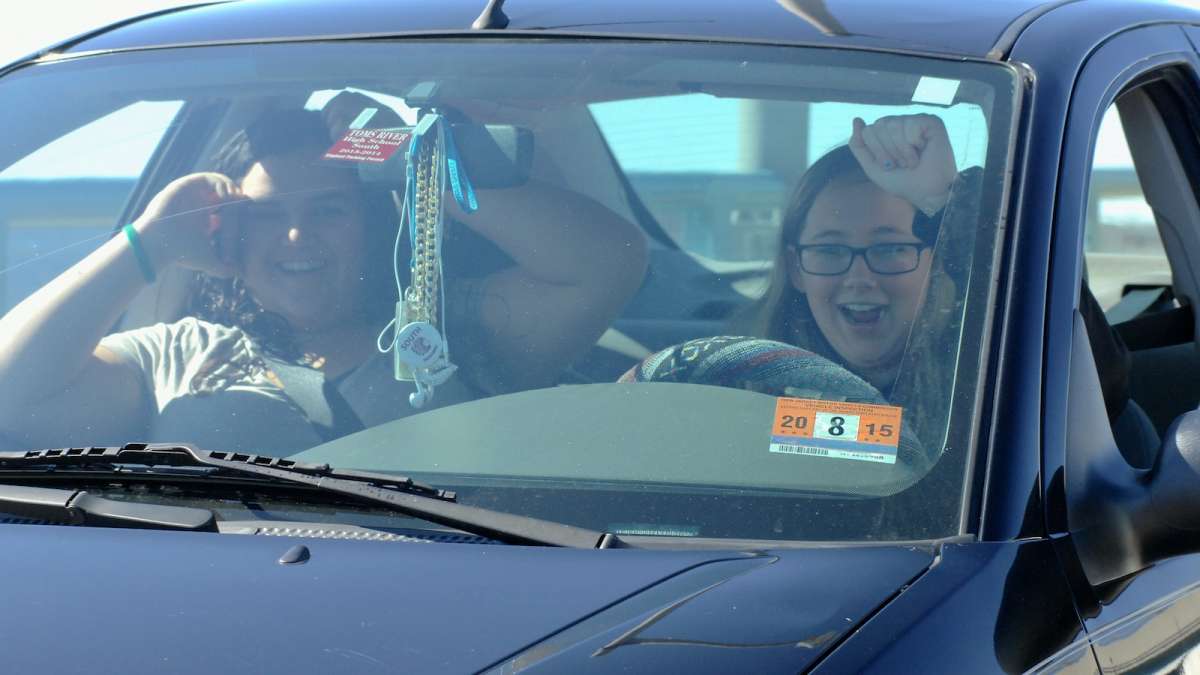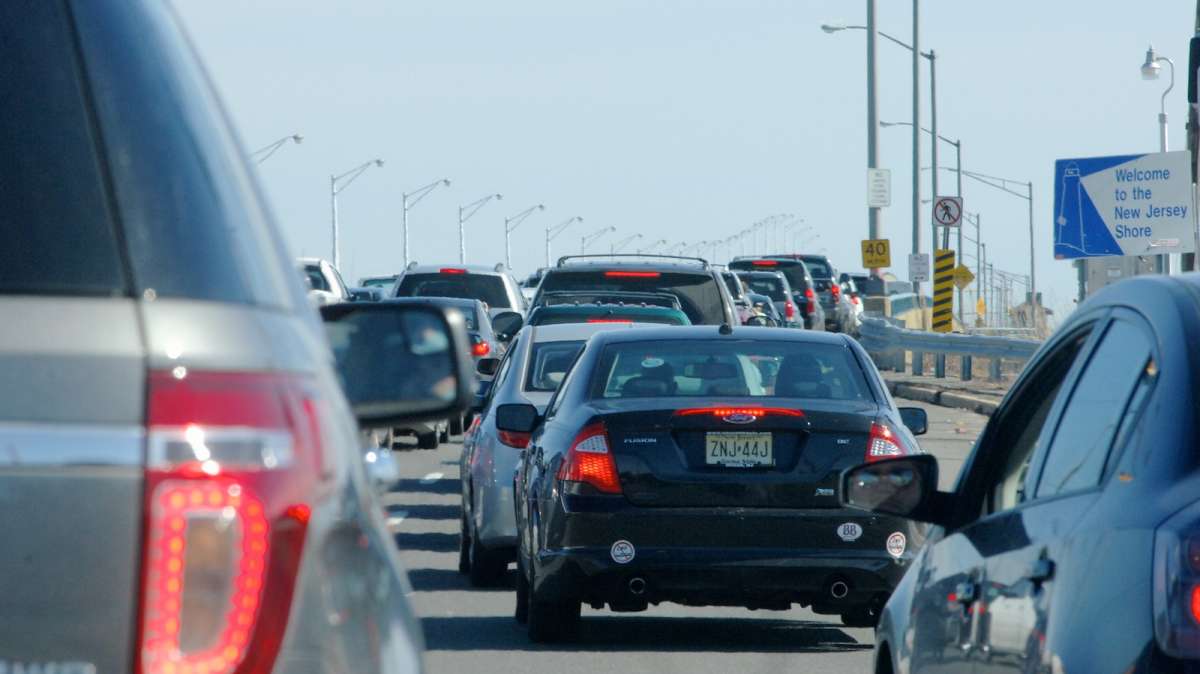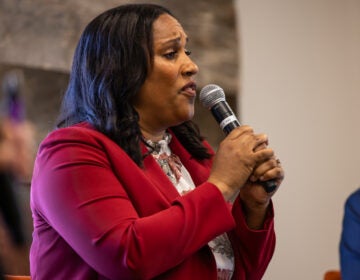Pa. and charter schools — anything but perfect together
ListenThe data will guide you. The data will save you. The data will set you free.
That’s the credo of Silicon Valley.
It’s why, for example, Netflix greenlighted House of Cards. Its data said its listeners loved to binge-watch political miniseries and that they loved, loved, loved Kevin Spacey.
Now, let’s switch our gaze to a place where data goes to die of neglect. I speak, of course, of our beloved Philadelphia.
Take charter schools. Now, be aware that everything you’re about to hear comes from someone who thinks charters are a great idea, in theory, and have a huge role to play in improving urban education.
But here’s what the data say about the charter experiment in Philly.
As a group, Philadelphia’s charter schools do only a bit better at educating kids than traditional schools, while draining about $7,000 per child from what’s available to teach kids in traditional schools. Only 29 percent of Philly charters made the federal standard for annual progress. This, even though they mostly work with kids who are in a better home situation than a lot of the children whom the traditional schools serve.
After all, a charter student has somewhere in his life a parent or grandparent or some adult who actually cared enough about whether the child’s education learned to file the charter-school application. That puts them in a better place than a lot of the children of domestic chaos whom the traditional schools struggle to serve.
What’s more, the oversight-free way charters are handled in Pennsylvania has invited corruption. Five Philly charters have been the subject of federal investigations.
Glue for the middle class
The idea behind charters is sound. As startups not mired in outdated rules, old grievances and bad habits. they are more likely to innovate and attract inspired teachers. I’m also fine with an aspect of charters that some progressive critics hate: Charters do appeal to middle-class parents who shun traditional schools.
You know what you call a city with no stable middle class? You call it Detroit.
If charters help keep middle-class parents in Philadelphia, paying taxes, voting and improving their blocks, I say give … them… charters. In the long run, this will also protect the at-risk kids who are the focus of progressives’ concern.
Why? A system that serves only poor kids is a system Harrisburg will ignore until it collapses. It is the support and engagement of middle-class parents that will gain impoverished children a better chance – if anything ever will.
So, charters – not a terrible idea.
But it would be hard to mess up a good idea worse than Pennsylvania has with charters. The situation is now so fouled it’s hard to have a civil conversation in Philadelphia about the prospect that charters could in fact be handled in sound, accountable, fair ways. Critics are spluttering in rage and frustration; proponents are hunkered down in circle-the-wagons mode.
What did Pennsylvania do wrong? it set up laughably weak oversight that indulged poor performance while inviting inside dealing and shady operators. It made no effort to sort good charters (and there are quite a few of those) from bad. It set up an inane funding system that pits charters against their home districts.
Why has Harrisburg messed up so badly?
Well, some school reformers love tests, so let’s turn that question into a multiple choice list.
Could it be:
a) Ideological blinders
b) Cynical bad faith
c) Ineptitude with data
d) All of the above?
Correct answer?
Well, you guessed it: All of the above.
WHYY is your source for fact-based, in-depth journalism and information. As a nonprofit organization, we rely on financial support from readers like you. Please give today.















